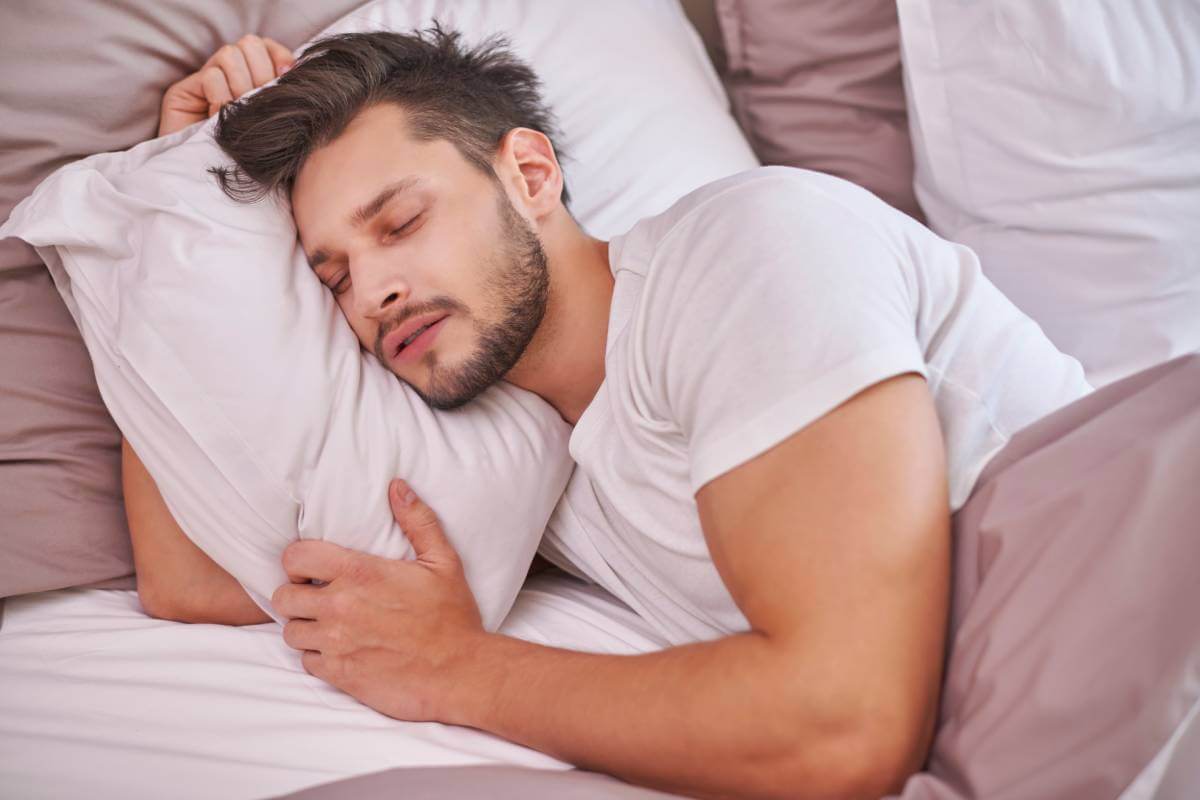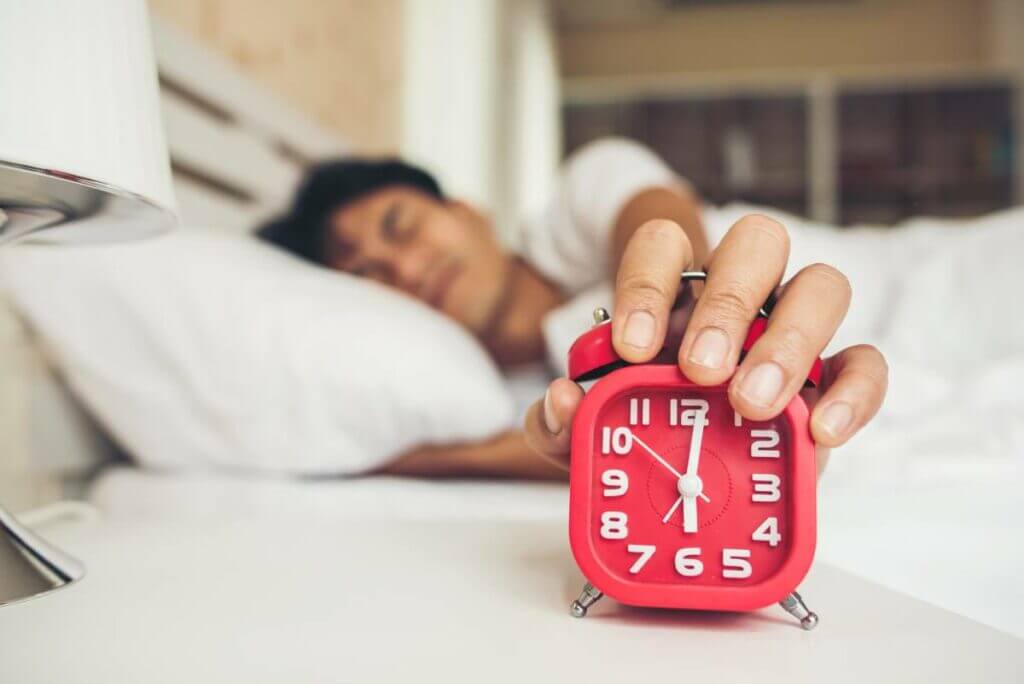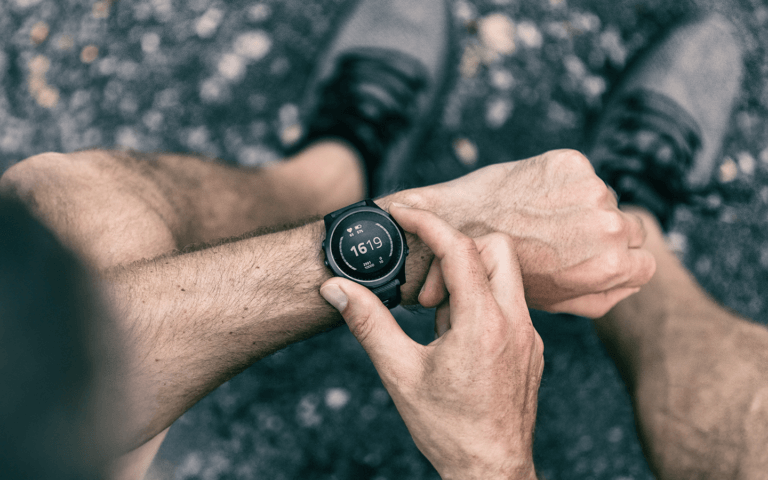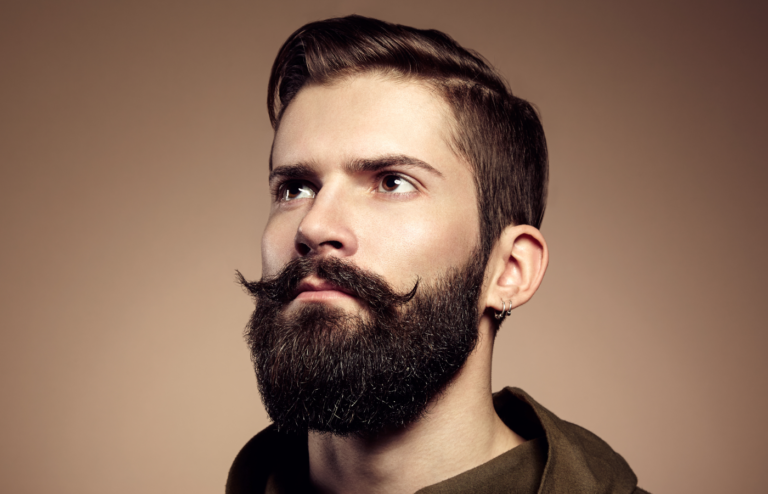Whilst the importance of a decent night’s sleep is becoming increasingly well-documented, the race of life often leads us to believe we need to set the alarm for 4 am in order to get ahead. Do you lose when you snooze, or do those afternoon naps and cozy lay-ins provide your body with greater benefits than you’re yet to appreciate? Let’s find out what happens while we sleep.

Certified sleep science coach and co-founder of Comfybeddy Allana Wass shares her expertise on how sleep enhances mood, memory and performance.
“Good sleep is probably the cheapest way to perform better,” explains Allana. “Everything that happens during sleep contributes to physical growth and recovery and can significantly increase the performance of the body and mind.”
What Happens While You Sleep?

“We often think that when we close our eyes, our body and mind shut down, but that is not the case,” says Allana. “Instead, sleep is an active process during which many vital processes and renewals occur, thereby strengthening the body.
“As one enters the restorative land of slumber, some of the body’s functions shut down at first. Initially, heart rate decreases, blood pressure drops, and breathing becomes slower and shallower. The body thus reduces its energy consumption to use more energy for other processes.
“When vital processes that are inactive during the day take on the night shift, they do all the work by releasing certain hormones. For example, the stress hormone cortisol is reduced, while growth hormones increase and can do their job. Also, the body recovers, replenishes energy, repairs damaged cells, and strengthens its immune system.
“Not only does one get the rest you need physically, but mentally too, sleep helps the sleeper process their day.”
Increase In Cognitive Performance
“Good sleep has a positive effect on human cognitive abilities,” continues Allana. “This is because while the body’s functions are resting during sleep, the brain works at full speed.
“Events and knowledge are reassessed and consolidated. Unimportant things are thrown out, while important ones are repeated, sorted, and stored in long-term memory.
“Attention span, logic, and thus learning new content are also increased with a good night’s sleep. In this way, in addition to retrieving acquired knowledge, one can also find solutions to an unknown problem better. This is why sleeping is dubbed the smartest way to solve a seemingly intractable problem.
“Depending on the learning task, deep sleep and dream sleep play different roles in this function. Therefore, those who want to save time when learning and working on new tasks can start doing it after a nap or a night of good sleep. This is because sleep really does enhance the mood, facilitate memorization, and increase performance, cognitive especially.”
Metabolizing Benefits Of Sleep
“Growth hormone secretion regulates metabolism and increases during the night,” says Allana. “While in children, these ensure growth, this activity regulates fat mass in adolescents and adults. The brain is more active while we sleep, requiring more glucose to work. This is possible with more metabolism activity. Benefits include less risk of diseases associated with weight gain and ease of losing weight.”
How About Naps?
It’s all very well getting a good night’s sleep, but shouldn’t we feel naughty for grabbing a catnap on a school day?
“10-30-minute naps are ideal for getting the body to refresh again or to recover from a sleep debt and the day’s stress,” Allana explains. “A power nap at work can also improve an individual’s performance, problem-solving capacity, and productivity. These naps are best taken from early to mid-afternoon.
“However, any nap taken after 3-4 pm will likely disrupt the night’s sleep. Also, older people are advised not to take naps longer than 30 minutes. It upsets the body’s sleep- wake cycle when it’s too long and/or done regularly.”
Ross Edgley’s Study of Sleep. Improve Your Sleep Patterns for Life






